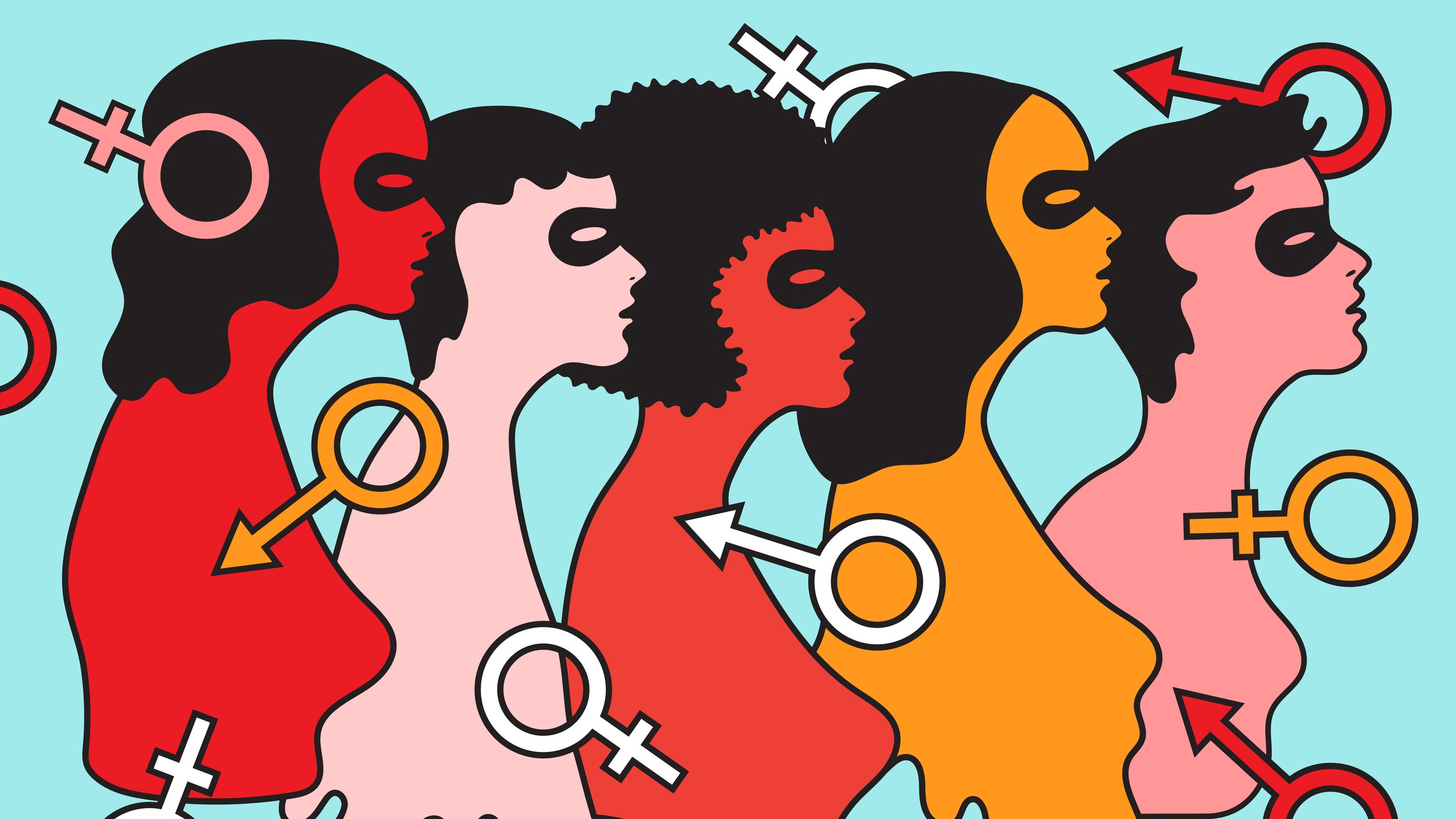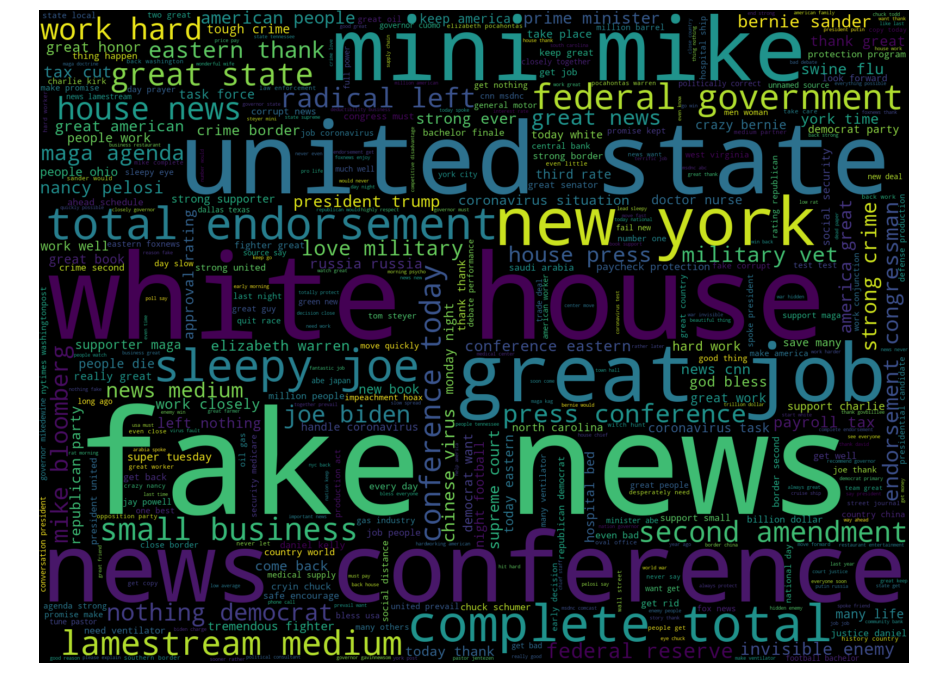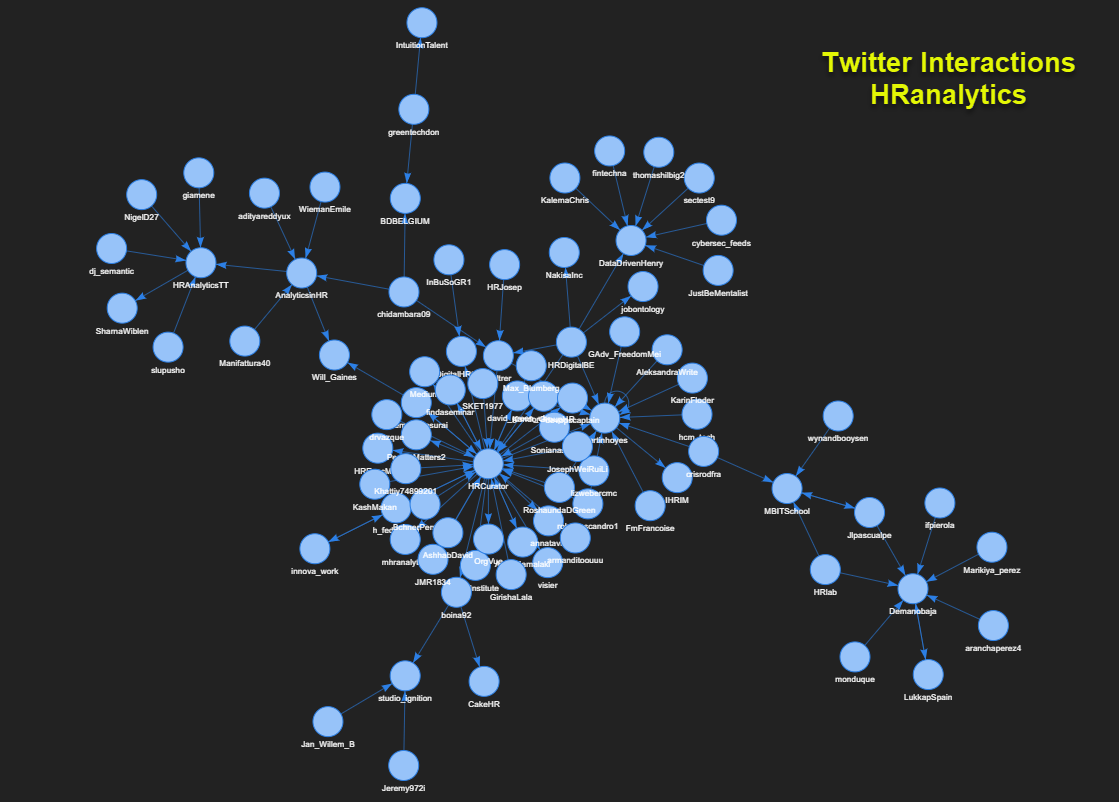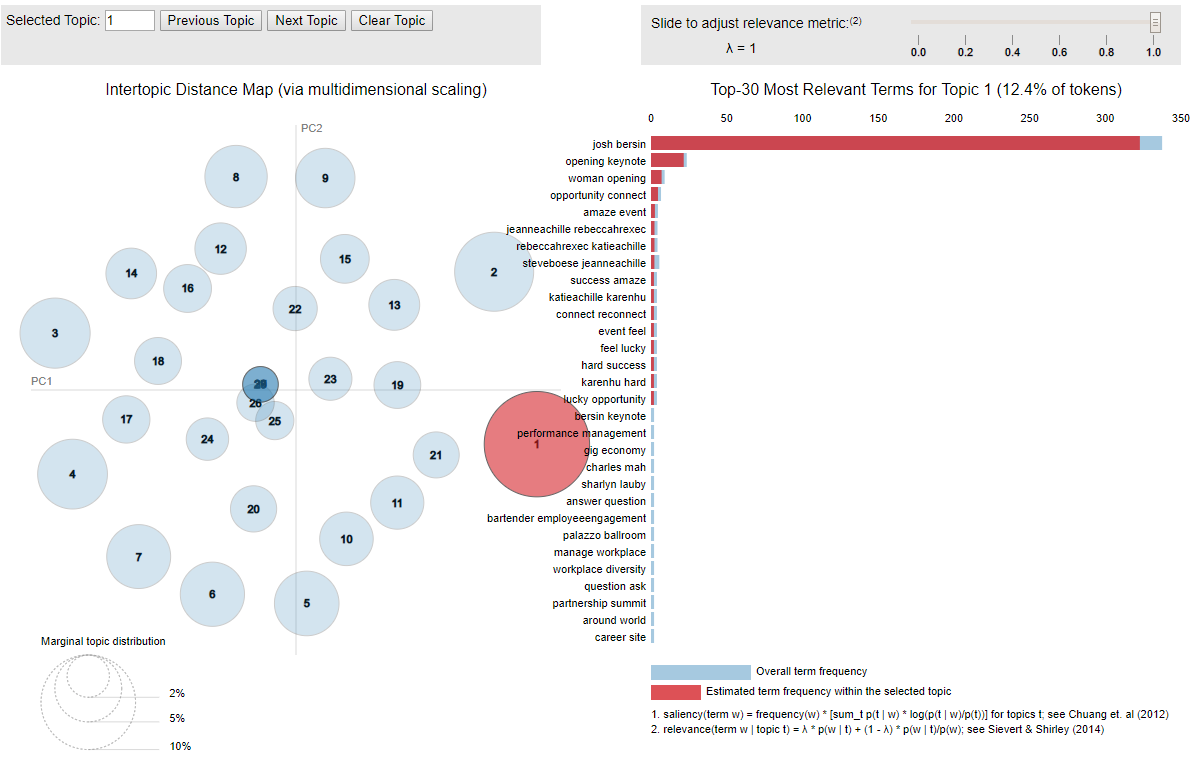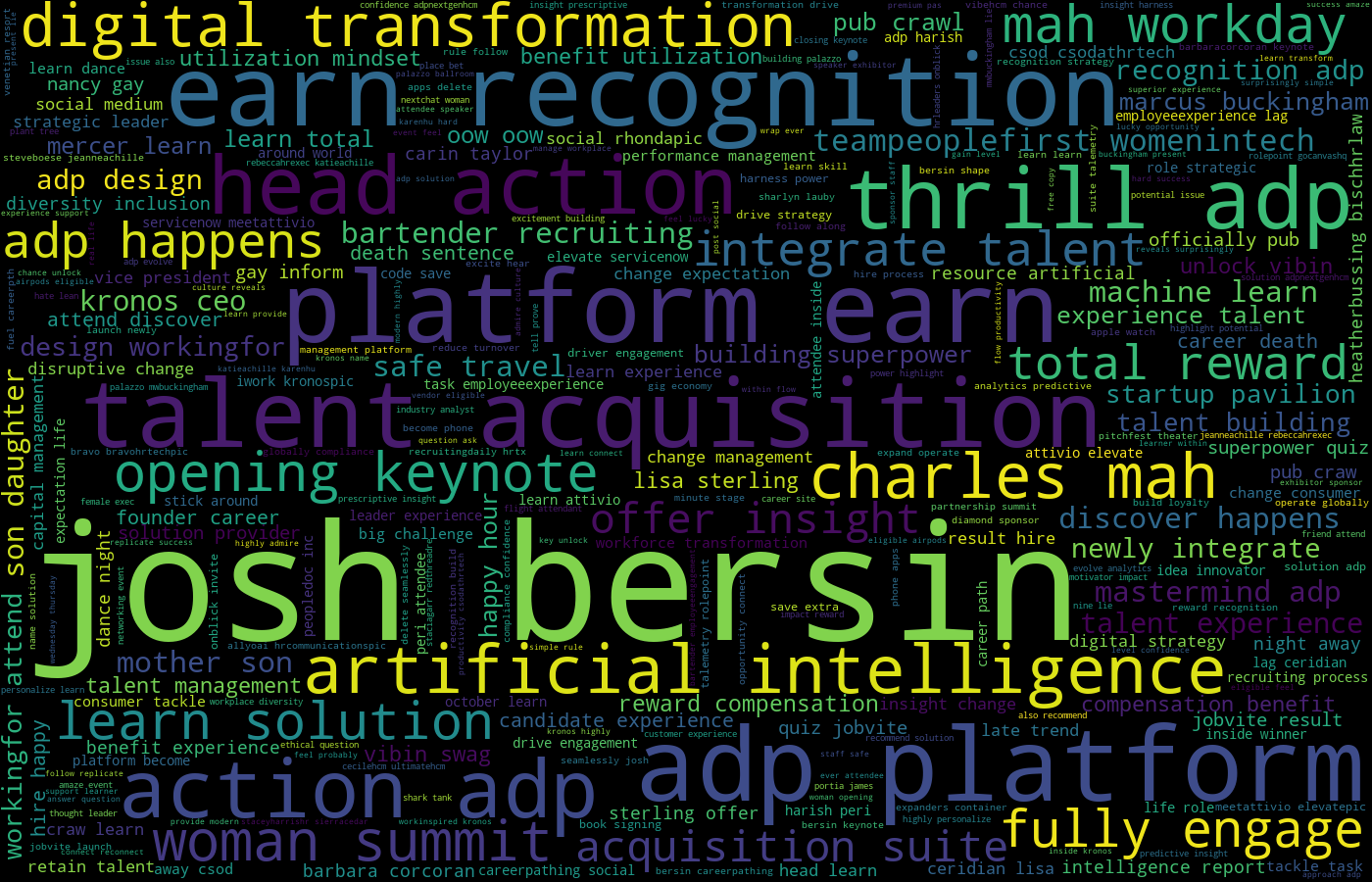Can You Tell Someone’s Gender Based on Tweets?
Predicting someone’s demographic attributes based on limited amount of information available is always a hot topic. It is common to use people’s name, ethnicity, location, and pictures for training models that can tell gender. Can you actually guess someone’s gender only based on what they share on Twitter? We will explore this using NLP techniques in this article.
At the end we conclude that it is quite a challenge to predict someone’s gender only using a single tweet. However, by combining prediction results from many tweets of the same person (similar to ensemble techniques like bagging), we may reach much better performance.
